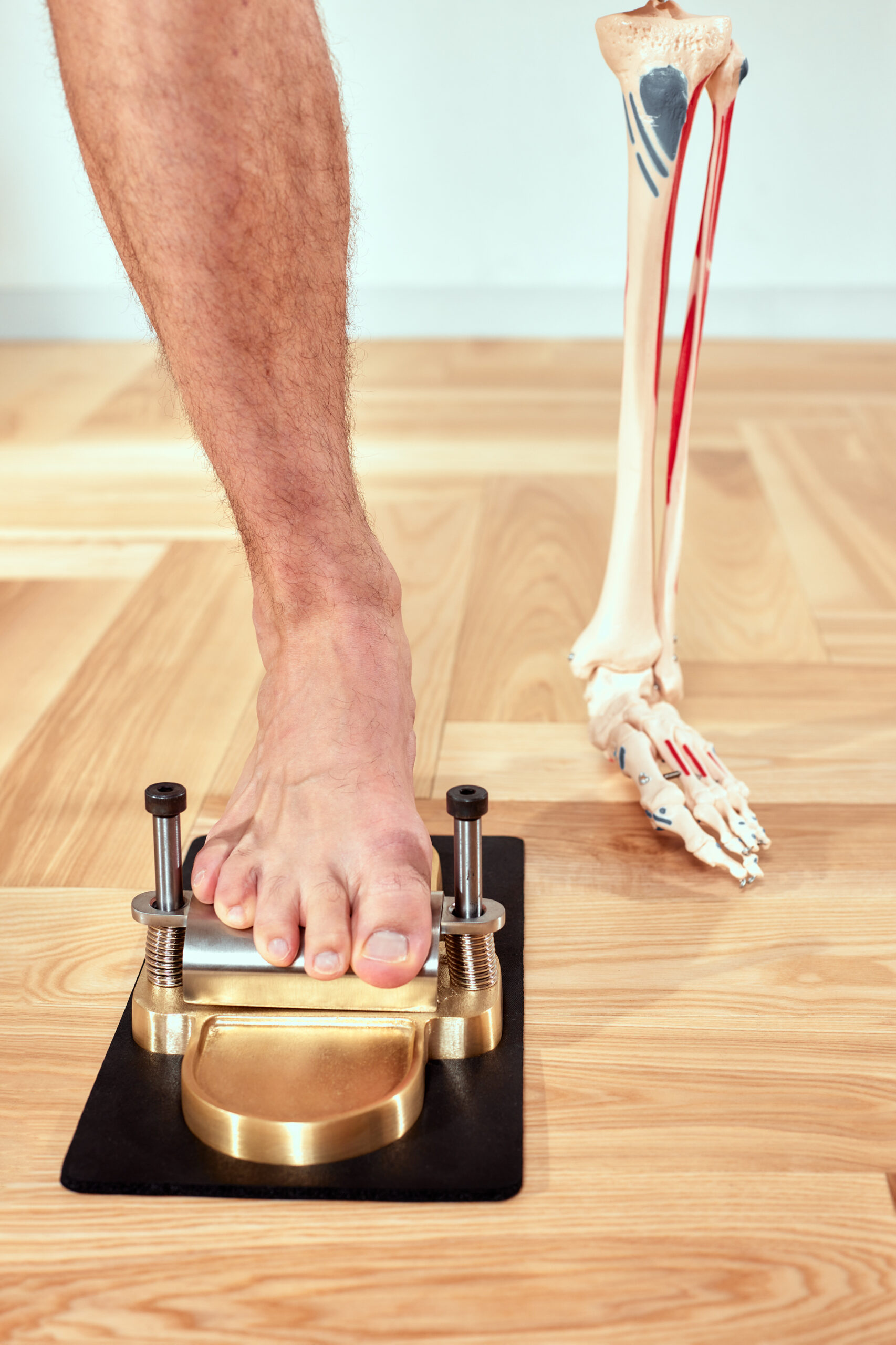Plantar fasciitis is a common and painful condition affecting the feet, causing many individuals to seek relief from persistent discomfort. With various treatment options available, it can be challenging to find the right approach. In this blog post, we will explore plantar fasciitis and how Finch Therapy, a gentle and non-invasive treatment method, can effectively alleviate pain and improve foot function. We will delve into the symptoms and causes of plantar fasciitis, as well as the benefits of Finch Therapy in addressing this issue.
Understanding Plantar Fasciitis:
Plantar fasciitis is an inflammation of the plantar fascia, a strong, thick tissue that runs along the bottom of the foot, connecting the heel bone to the toes and forming the foot’s arch. This condition is a common cause of heel pain, which can result from overstretching, overuse, or certain medical conditions. It is sometimes associated with a heel spur, a bony projection extending from the heel bone. However, not all individuals with heel spurs experience pain.
Symptoms of Plantar Fasciitis:
The primary symptom of plantar fasciitis is pain under the heel, which can be dull or sharp. The foot sole may ache or burn, and the heel may be slightly swollen. Pain is often worse in the morning when taking the first steps of the day, after prolonged periods of standing or sitting, and following intense physical activity.
Causes of Plantar Fasciitis:
Plantar fasciitis can be caused by various factors, including:
Participating in sports or activities that put stress on the heel bone, such as running, dance, and aerobics.
Having flat feet or high arches.
Being middle-aged or older.
Being overweight.
Pregnancy.
Spending extended periods of time on your feet.
Wearing shoes with inadequate arch support or stiff soles.
Possessing tight calf muscles.
Addressing these underlying causes is essential for treating plantar fasciitis and preventing its recurrence.
Finch Therapy: A Gentle Solution:
Finch Therapy is a treatment method designed to address chronic pain in bones, joints, and muscles by employing gentle, non-invasive, and effective muscle activation techniques. These techniques aim to alleviate chronic pain quickly, allowing individuals to return to their regular activities and improve their overall well-being. When applied to plantar fasciitis, Finch Therapy can help relieve pain and enhance foot function. Plantar Fasciitis can be classified as chronic pain. With chronic pain where you are feeling the pain is not always where the problem is. It can be some distance from your heel/foot, it could even be from the other side of your body.
The Finch Therapy Process:
Finch Therapy comprises three steps: Assess, Treat, and Self-Management.
Assess: The first step involves identifying the source of pain through orthopaedic testing to evaluate joint range of movement, pelvic function, leg length discrepancies, and spine mobility. This thorough assessment helps practitioners develop a tailored treatment plan to address the underlying issues causing the pain.
Treat: Finch Therapy uses muscle activation techniques to reduce tension on joints, muscles, and the nervous system while improving and encouraging the normal functioning of joints and promoting muscle strength and restoration. These techniques involve low-grade muscular contractions that are generally non-painful to perform, making Finch Therapy a safe therapy option.
Self-Management: Clients are provided with 1-3 simple and quick exercises to perform at home, which typically require only a short amount of time. These exercises help re-educate the body to prevent symptoms from recurring and reduce the number of visits needed with a Finch Therapist, ultimately saving time and money.
Benefits of Finch Therapy for Plantar Fasciitis:
Relief from long-term chronic pain, leading to increased mobility, injury prevention, improved athletic performance, and enhanced overall quality of life.
Improved overall body alignment, which results in less wear and tear on muscles and joints, ultimately decreasing muscle aches and pains associated with plantar fasciitis.
Cost savings due to reduced dependence on regular treatments. Finch Therapy typically requires fewer than five treatments, which can be completed at home through self-management, and provides long-lasting results.
Non-invasive and gentle approach, making it suitable for individuals who may be hesitant to try more aggressive treatments or those with contraindications to other therapies.
Conclusion:
Plantar fasciitis is a painful and common condition affecting the feet, often caused by factors such as overuse, improper footwear, or physical stress. Finding an effective treatment can significantly impact an individual’s daily life and overall well-being. Finch Therapy offers a gentle and non-invasive solution for those suffering from plantar fasciitis, providing relief from pain and improved foot function through a three-step process of assessment, treatment, and self-management.
Plantar fasciitis symptoms primarily involve pain and discomfort under the heel and in the sole of the foot, often worsening in the morning or after periods of inactivity.
Common causes of plantar fasciitis include participation in high-impact sports, unsupportive footwear, being overweight, and having tight calf muscles.
Finch Therapy is a gentle, non-invasive treatment method that addresses chronic pain through muscle activation techniques, providing relief from pain and improved foot function.
The benefits of Finch Therapy for plantar fasciitis include relief from chronic pain, improved body alignment, cost savings, and a gentle approach to treatment.
By exploring the symptoms and causes of plantar fasciitis and understanding the benefits of Finch Therapy, individuals suffering from this condition can make informed decisions about their treatment options and work towards a pain-free life.








Leave A Comment